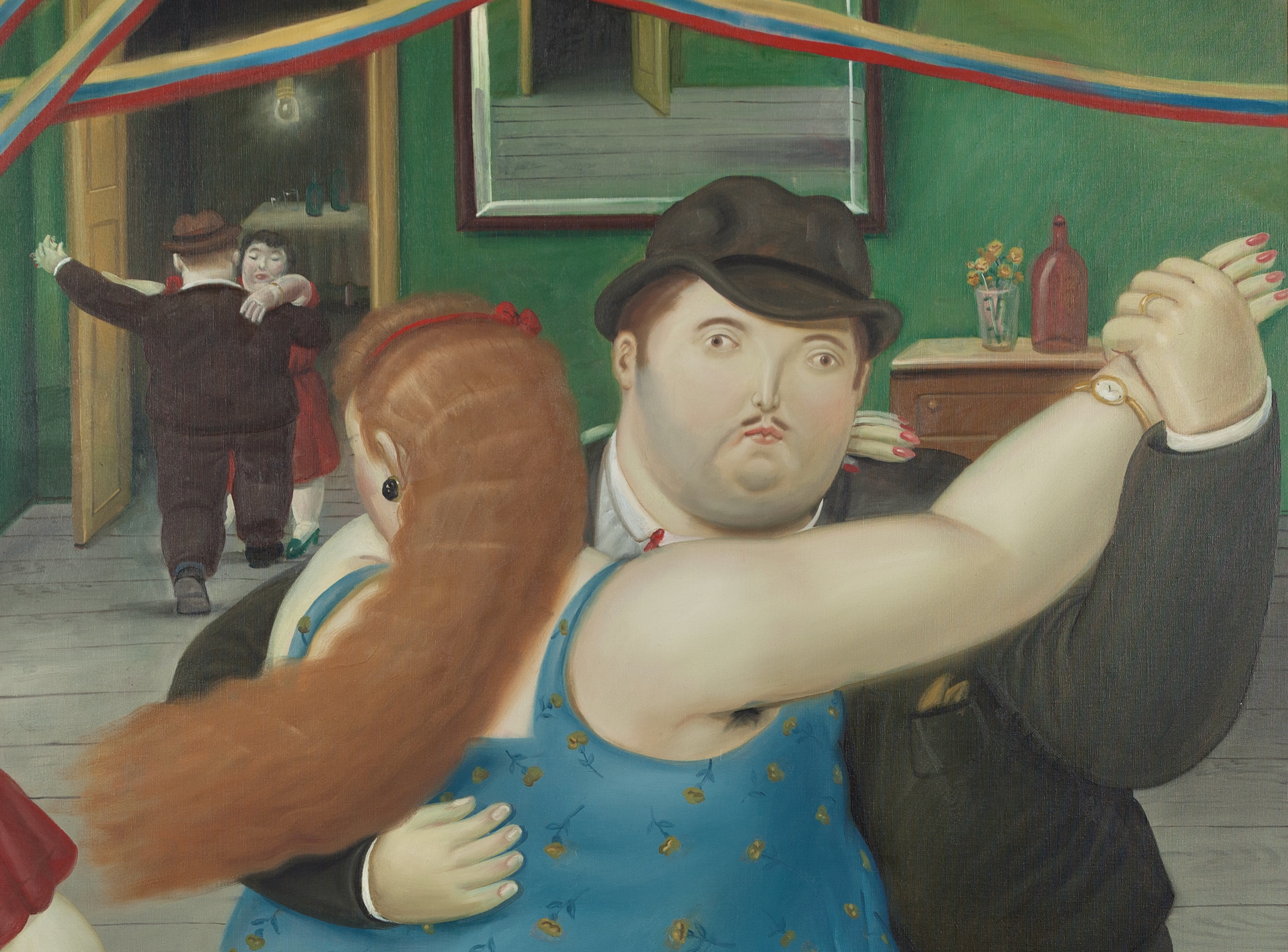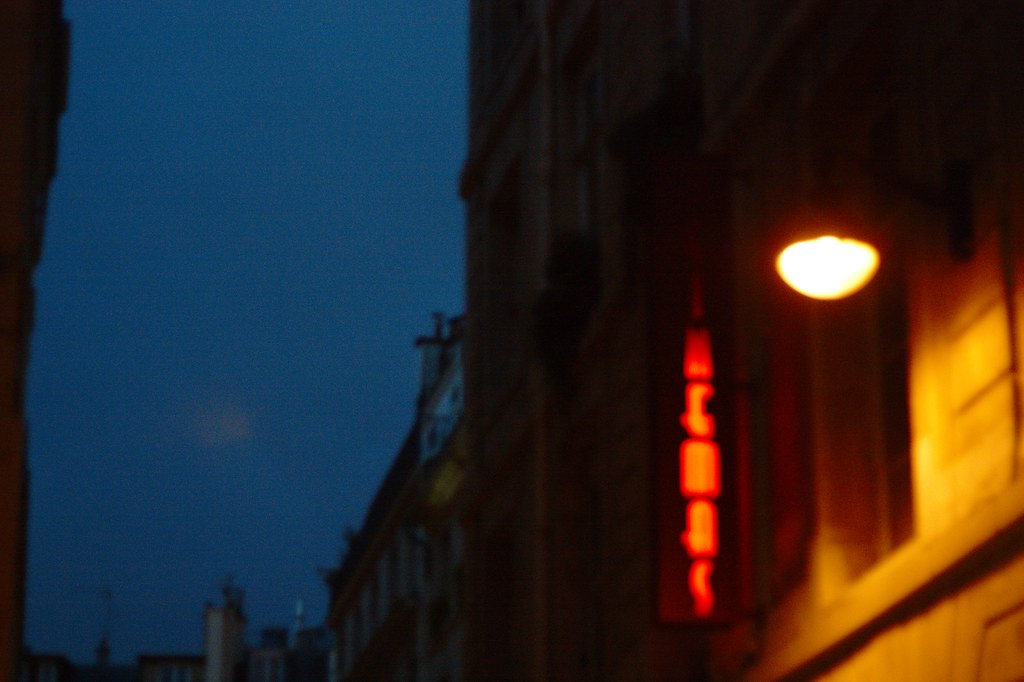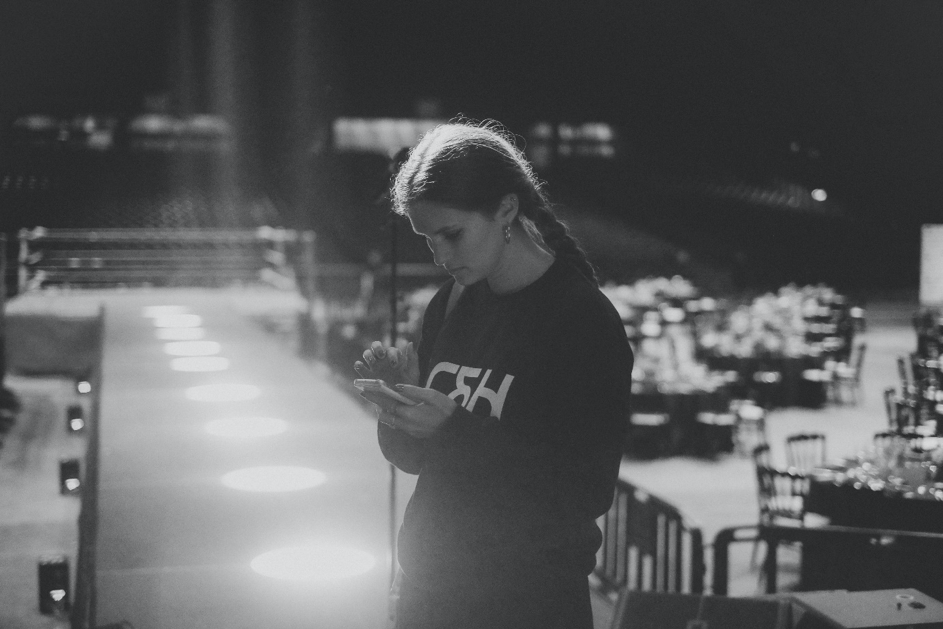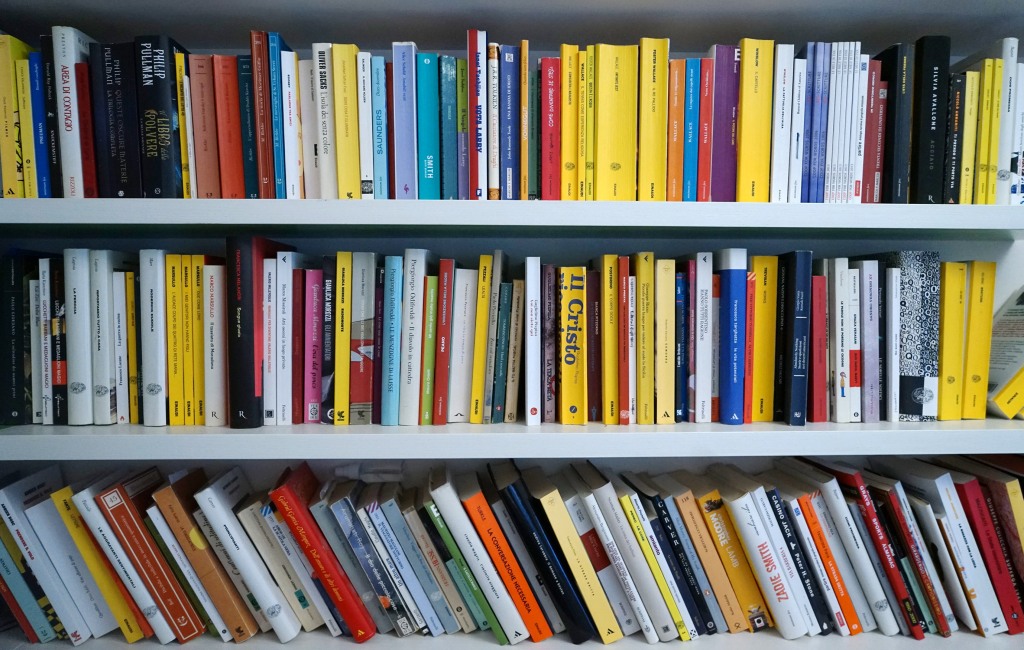By Jonathan Daniel Gómez‐Zapata, Luis César Herrero‐Prieto, and Beatriz Rodríguez‐Prado

Music is linked to human senses and emotions and is one of the most important manifestations of mankind’s creativity as well as being a factor that forges individual identity and realisation. Music also has implications in an area’s social, cultural and economic configuration, such that it helps to define collective and geographical cultural idiosyncrasy, and may also help to shape long-term economic development. Music can act as a powerful tool for progress and social change since it is particularly suited to dealing with risk factors amongst the young, such as helping to reduce crime levels, fostering peace amongst communities and improving individuals’ socioemotional health and quality of life. Continue reading “DOES MUSIC SOOTHE THE SOUL?” →






Recent Comments